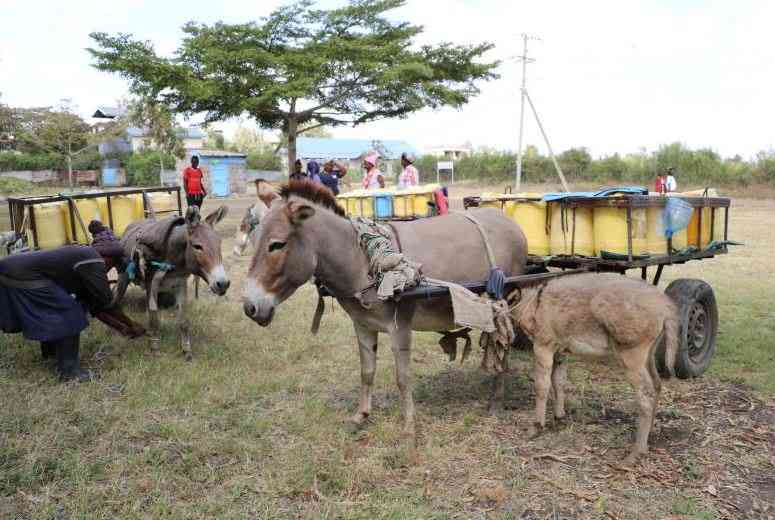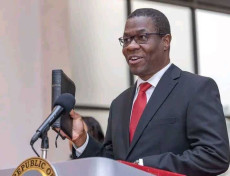- Scheduled for September 1, 2025, in Naivasha, the programme is open exclusively to journalists based in Nakuru and Naivasha.
With grants on the table and donkeys in the spotlight, journalists in Naivasha and Nakuru are being challenged to craft stories that stir hearts and spark change.
The Media Council of Kenya (MCK) has unveiled a specialized training programme aimed at refreshing journalists’ tools and techniques for crafting compelling narratives around animal welfare.
Scheduled for September 1, 2025, in Naivasha, the programme is open exclusively to journalists based in Nakuru and Naivasha.
The initiative is a partnership between MCK and Brooke East Africa, an affiliate of Brooke UK, a global animal welfare charity dedicated to alleviating the suffering of working equines.
On July 2, 2025, the two organizations signed an agreement to champion animal rights advocacy through ethical and professional reporting.
Read More
Interested journalists are encouraged to apply for the training via the Media Council’s Academy portal (https://mediacouncil.or.ke/academy/training/apply-for-a-training). The deadline for applications is midnight on August 22, 2025.
“There will be grants for journalists who successfully pitch unique stories,” the MCK announced.
The urgency of this training is underscored by the alarming decline in Kenya’s donkey population. In the past 15 years, numbers have plummeted from 1.8 million in 2009 to less than 500,000 by 2024, largely due to the illegal trade in donkey hides.
Yet donkeys remain vital to the livelihoods of over two million Kenyans, especially in arid and semi-arid regions. Their loss affects transport, agriculture, and income generation, forcing families to carry heavy loads themselves, sometimes with devastating health consequences.
Journalists have a powerful role to play in exposing this crisis, advocating for policy change, and telling the human stories behind the statistics. This training offers a timely opportunity to sharpen those skills and to ensure that the voices of Kenya’s working animals, and the communities that depend on them, are heard.



-1772090413-1772095461-md.jpg)
-1772094026-md.jpg)


-1772090413-1772095461-sm.jpg)
-1772094026-sm.jpg)